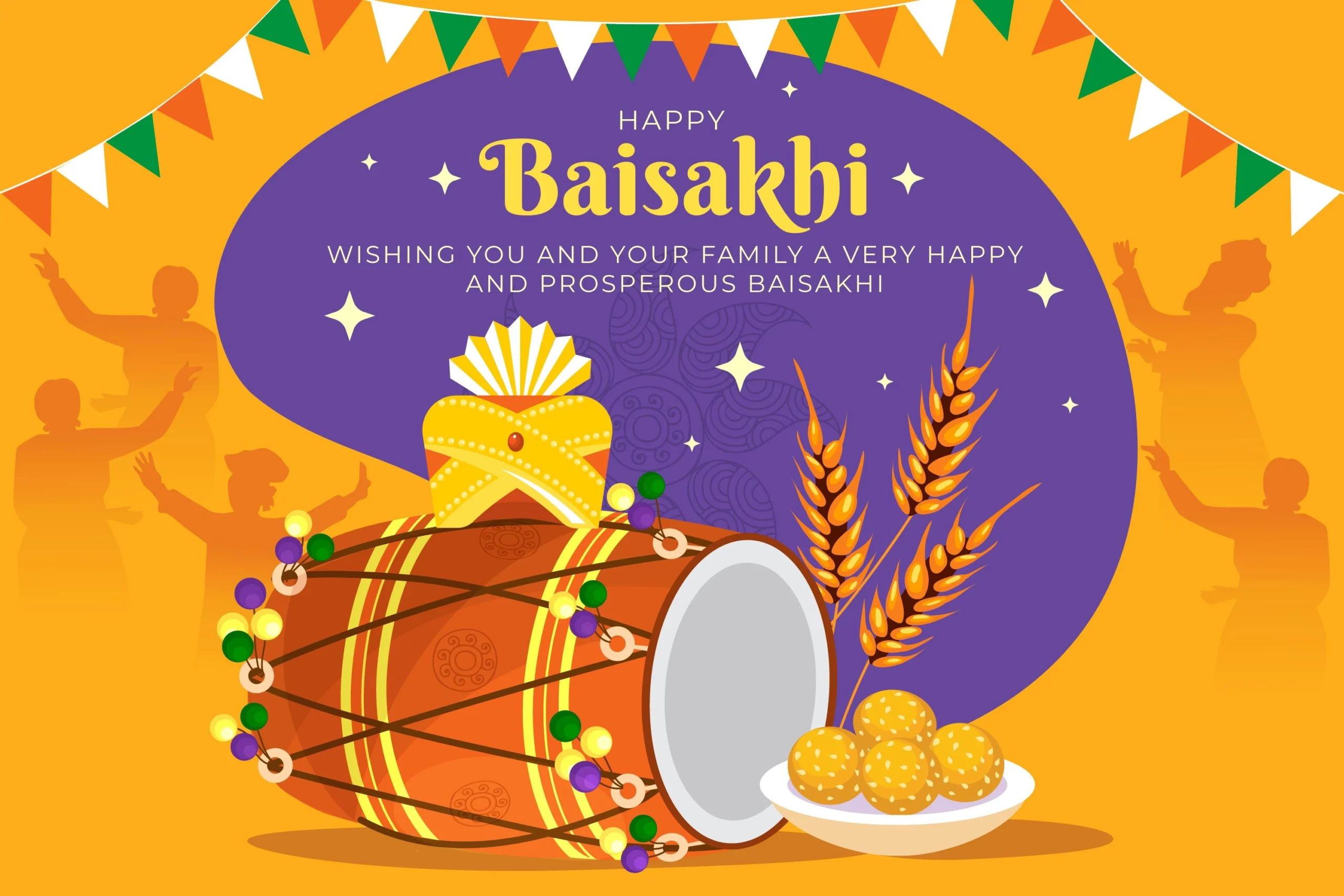Buddha Jayanti, also known as Buddha Purnima or Vesak, is one of the most significant Buddhist festivals, commemorating the birth, enlightenment, and death (Parinirvana) of Gautama Buddha. This sacred day is observed with reverence and joy across the world by Buddhists and those who appreciate the teachings of the Buddha. Whether you’re participating in traditional ceremonies or seeking personal reflection, this guide will help you celebrate Buddha Jayanti meaningfully.
Understanding Buddha Jayanti
The Significance of Buddha Jayanti
Buddha Jayanti marks three pivotal events in Buddha’s life: his birth in Lumbini, his enlightenment in Bodh Gaya, and his passing in Kushinagar. Celebrated on the full moon day of the Vaisakha month (usually April or May), it symbolizes the spread of wisdom, compassion, and peace.
Historical and Cultural Context
Buddha Jayanti has been celebrated for centuries, with traditions varying across countries and cultures. In India, Nepal, Sri Lanka, Thailand, and many other nations, the day is marked with public holidays, temple visits, and community activities.
Preparing for Buddha Jayanti
Personal Reflection and Meditation
Begin your preparations with introspection and meditation. Buddha’s teachings emphasize mindfulness and inner peace. Spend time in meditation, focusing on compassion, wisdom, and the impermanence of life. This practice not only honors Buddha but also enriches your own spiritual journey.
Learning About Buddha’s Life and Teachings
Educate yourself about Buddha’s life and his teachings. Reading scriptures like the Dhammapada or engaging with commentaries by Buddhist scholars can deepen your understanding. Many online resources, documentaries, and books are available for this purpose.
Celebrating Buddha Jayanti
Visiting Temples and Monasteries
Participating in Ceremonies
Visiting a local temple or monastery is a central part of Buddha Jayanti. Participate in ceremonies, such as chanting, prayer, and offerings. These rituals foster a sense of community and reinforce the values of compassion and humility.
Offering Dana (Gifts)
Offering Dana, or gifts, to monks and the less fortunate is a key tradition. These offerings can include food, robes, and monetary donations. The act of giving is seen as a way to accumulate merit and embody the Buddha’s teachings of generosity.
Engaging in Community Activities
Organizing or Joining Processions
In many regions, processions are organized to celebrate Buddha Jayanti. These processions often feature statues of Buddha, decorated with flowers and lights, and are accompanied by chanting and music. Joining or organizing a procession can be a vibrant and communal way to celebrate.
Participating in Dharma Talks and Teachings
Many temples and Buddhist centers host Dharma talks and teachings on Buddha Jayanti. Attend these sessions to gain insights from monks and teachers, and to engage in discussions about Buddhist philosophy and practice.
Celebrating at Home
Creating a Sacred Space
If you prefer a more private celebration, create a sacred space at home. Set up a small altar with a statue or image of Buddha, along with offerings like flowers, incense, and candles. This space can serve as a focal point for your meditation and prayers.
Observing Precepts
On Buddha Jayanti, many Buddhists observe the Five Precepts more strictly. These include refraining from killing, stealing, sexual misconduct, lying, and intoxication. Some may also take additional precepts, such as observing celibacy or refraining from eating after noon.
Practicing Mindfulness and Kindness
Dedicate the day to practicing mindfulness and acts of kindness. Engage in activities that promote peace and well-being, such as volunteering, helping a neighbor, or simply being kind and patient in your interactions.
Special Practices and Traditions
Bathing the Buddha
One popular tradition is the Bathing of the Buddha statue. This ritual involves pouring water or fragrant water over a small statue of the Buddha, symbolizing the purification of one’s mind and the washing away of ignorance and defilements.
Lighting Lamps and Candles
Lighting lamps and candles is another significant practice. The light symbolizes enlightenment and wisdom, driving away the darkness of ignorance. Place lamps or candles around your home or at your altar to create a serene and contemplative atmosphere.
Releasing Captive Animals
In some cultures, releasing captive animals, such as birds or fish, is a common practice. This act symbolizes the release of beings from suffering and reflects the compassion taught by Buddha.
The Global Celebration of Buddha Jayanti
Celebrations in Different Countries
India and Nepal
In India and Nepal, Buddha Jayanti is marked by large gatherings at major Buddhist sites. Pilgrims visit places like Bodh Gaya, Sarnath, and Lumbini to participate in prayers, meditation, and cultural programs.
Sri Lanka and Thailand
In Sri Lanka and Thailand, the day is celebrated with colorful processions, temple visits, and almsgiving. Special rituals and ceremonies are held in temples, and the faithful engage in acts of charity and kindness.
Japan and Korea
In Japan and Korea, Buddha Jayanti is known as Hanamatsuri and Seokga Tansinil, respectively. Celebrations include flower festivals, parades, and the traditional Bathing of the Buddha ceremony.
Conclusion
Buddha Jayanti is a day of deep spiritual significance, providing an opportunity to reflect on the teachings of Buddha and to practice compassion, generosity, and mindfulness. Whether you celebrate by visiting a temple, participating in community activities, or observing rituals at home, the essence of the day lies in embodying the values taught by Buddha. By honoring his birth, enlightenment, and passing, we not only pay tribute to a great spiritual leader but also enrich our own lives with wisdom and peace.
Celebrating Buddha Jayanti can be a transformative experience, reminding us of the universal values of love, compassion, and enlightenment that transcend cultural and geographical boundaries. As we honor this sacred day, let us strive to bring these values into our daily lives, fostering a world of greater harmony and understanding.


